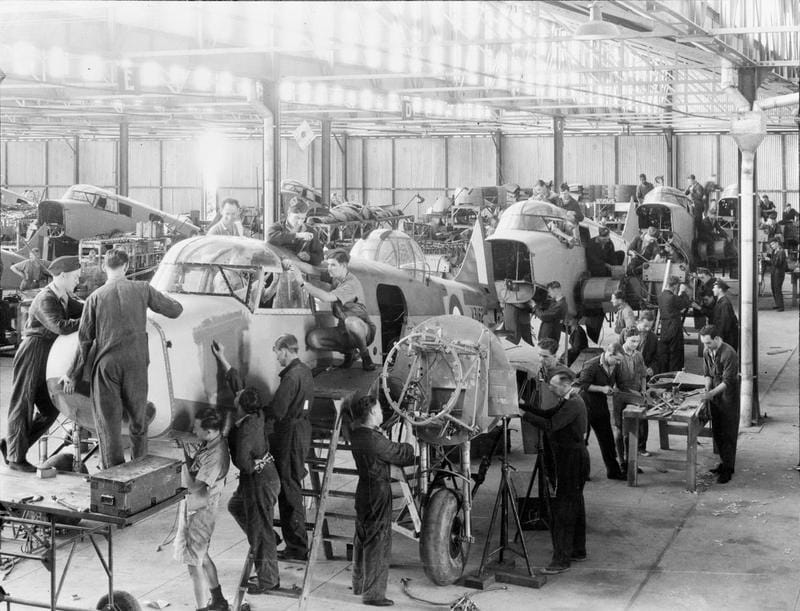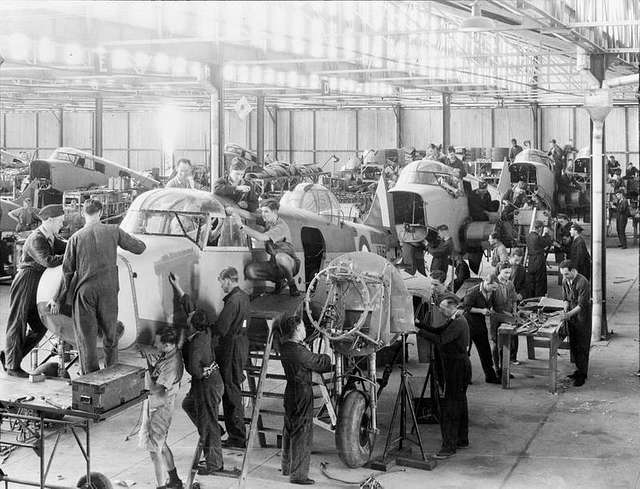A Trying Wait
Edgar Whitehead’s best chance of acceptance into the Army would be to put himself down for the Officer Emergency Reserve involving direct entry into an Officer Preparatory Course (O.P.C.) without previous service in the ranks.

This method was permissible only for those over thirty-five years of age. His thirty-fifth birthday was coming up. There was no chance of getting in earlier than this. He put in the necessary formal application.
Edgar parted with a heavy heart and a hearty hand shake with John Mac Donald as John went off to see his mother. They had shared so much together at work at Witchwood, and on their various shooting trips. They had relied greatly on each other too sharing a cabin during the three weeks they had spent as the only English-speaking people on board the French liner from Dar es Salaam. John was a fine athlete weighing over fourteen stone (two hundred pounds) in strict training. At nineteen he was a Cambridge wing-threequarter and had a Scottish trial cap. He was a magnificent character, always full of fun. He had recent experience with the Senior Officers' Training Course (O.T.C.) at Cambridge and was assured he would be called-up very shortly for service in a cavalry regiment and almost certain to be selected for a Commission within a few months.
Edgar went to stay with his brother Hugh in Berkshire to wait out the outcome of his O.P.C. application. Waiting was one of the most trying times of Edgar’s life. Still a Member of Parliament drawing his full salary he had left his post on the thirtieth of November and as January passed into February (1940) there was still no word from the war office. He worried, traveling around from relative to relative, feeling increasingly redundant.
Out of the blue, he got a preemptory message from Robert Tredgold, the Rhodesian Minister of Defense, who had just arrived in London. Tredgold had come to make arrangements for the Empire Air Training Scheme in Rhodesia. He made some use of Edgar to get him to supply the Air Ministry with some of the economic and local knowledge they required.
Very little was known about Rhodesia in London. He was able to fill them in on all their questions.
"The crates in which the aircraft will be packed will only just fit into an English railway wagon. We know the South African and Rhodesian Railways are narrow, three-foot six-inch gauge. Presumably the wagons are smaller. Will the training air aircraft have to be assembled in Cape Town and flown to Rhodesia?"
"No, Rhodesia’s wagons are much larger and will easily take the crates."
"Can you substantiate this?"
"The Head Office of Rhodesian Railways is in London."
"We assume the climate is really tropical?"
"No, Rhodesia has considerable frost in winter. Actually, all the meteorological details are available from Rhodesia House."
"Will it be possible to get adequate areas for practice bombing ranges?"
I don't see any difficulty unless you want over a million acres!"
This seemed to bring home the emptiness of Rhodesia. The work of supplying a picture of the country was quite interesting.
But Tredgold delivered him an ultimatum from Huggins: 'Tell Whitehead that unless he has actually been accepted into the British Forces he must accompany you in your aircraft to attend the upcoming Parliamentary Session in Salisbury.'
This was the impending disaster Edgar had dreaded. The farm was closed down; his constituents were livid with him; his three months jaunt overseas would look utterly irresponsible in the light of his physical defects.
He would return a ridiculous figure.
The historical novel Whitewashed Jacarandas and its sequel Full of Possibilities are both available on Amazon as paperbacks and eBooks.
These books are inspired by Diana's family's experiences in small town Southern Rhodesia after WWII.
Dr. Sunny Rubenstein and his Gentile wife, Mavourneen, along with various town characters lay bare the racial arrogance of the times, paternalistic idealism, Zionist fervor and anti-Semitism, the proper place of a wife, modernization versus hard-won ways of doing things, and treatment of endemic disease versus investment in public health. It's a roller coaster read.
References:
- Sir Edgar Whitehead's Unpublished Memoirs, Rhodes House, Bodleian Library, Oxford University, by permission.
- Royal Air Force, the Rhodesian Air Training Group in Southern Rhodesia, 1941-1945. Airspeed Oxford airframes in a hangar at Heany Royal Air Force, the Rhodesian Air Training Group in Southern Rhodesia.



